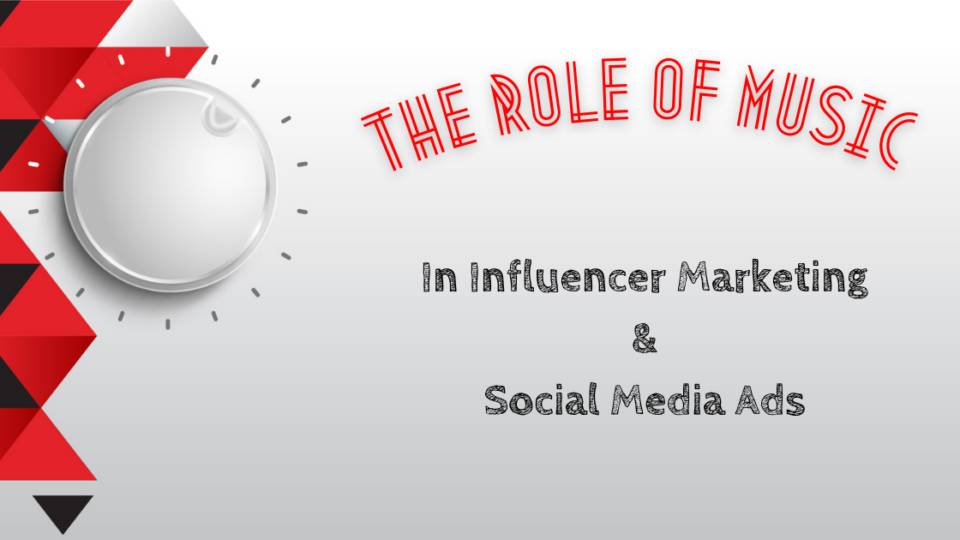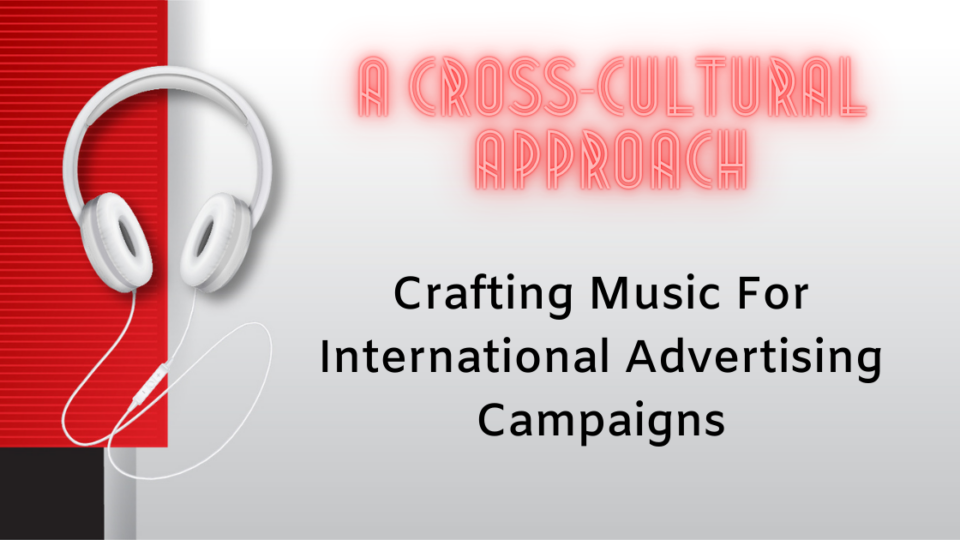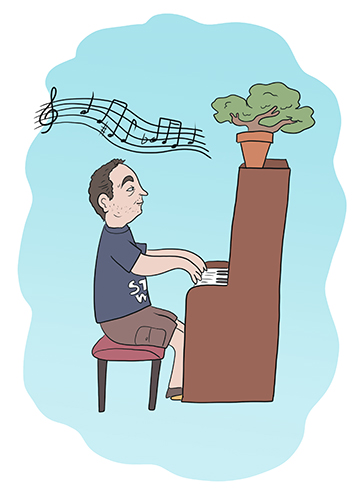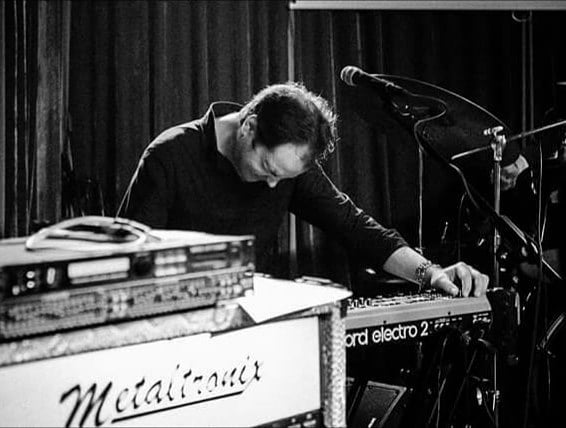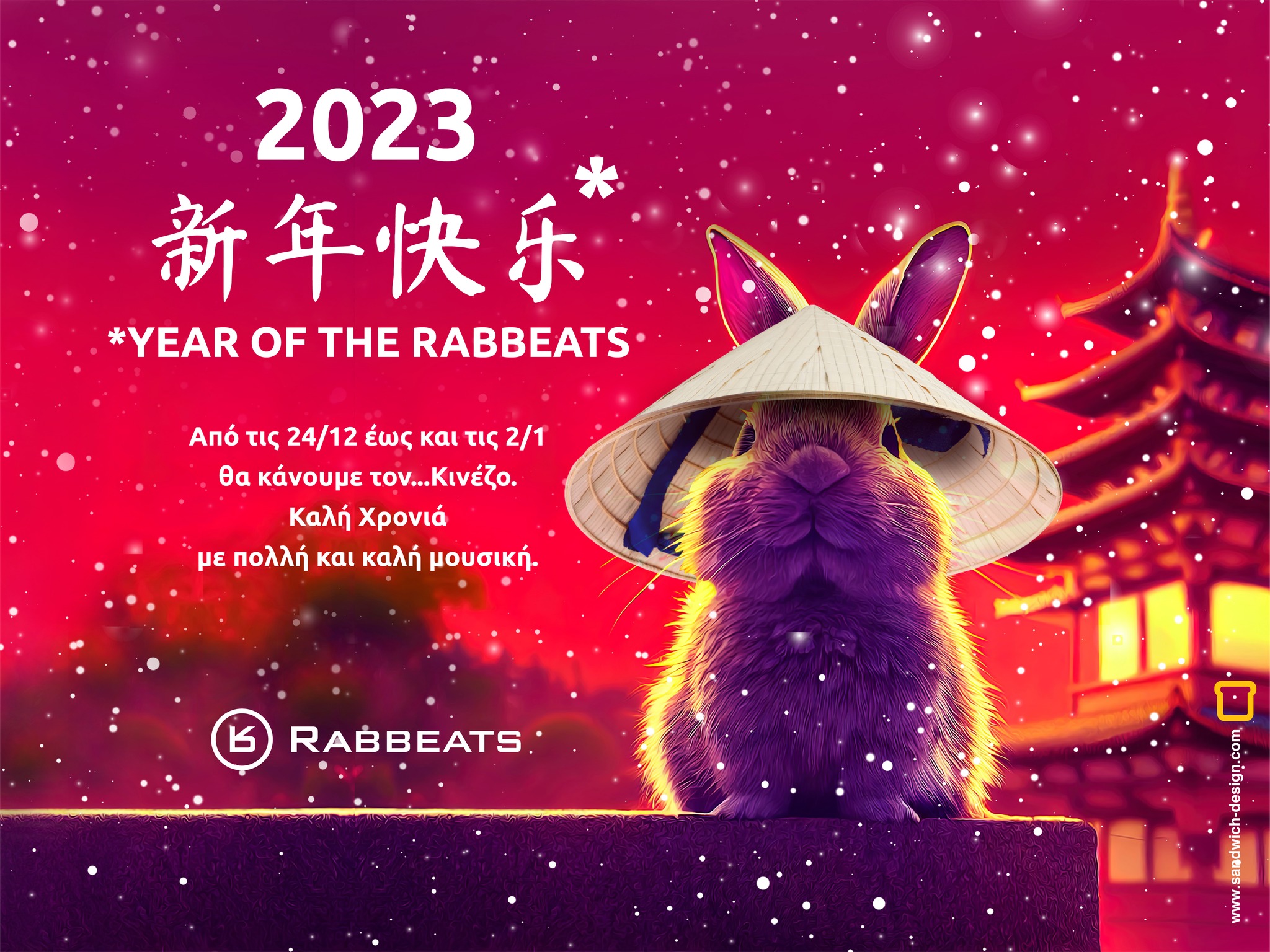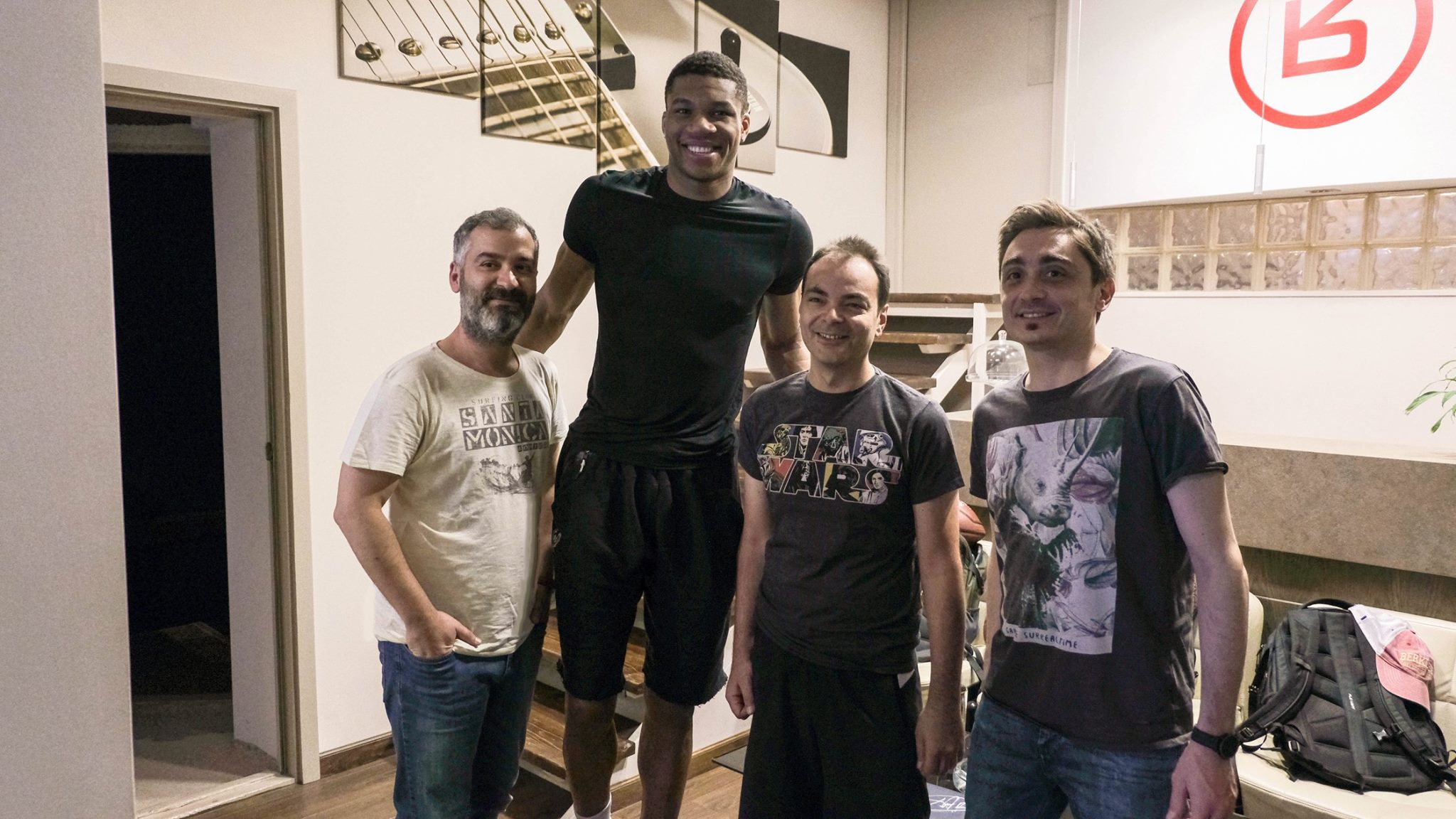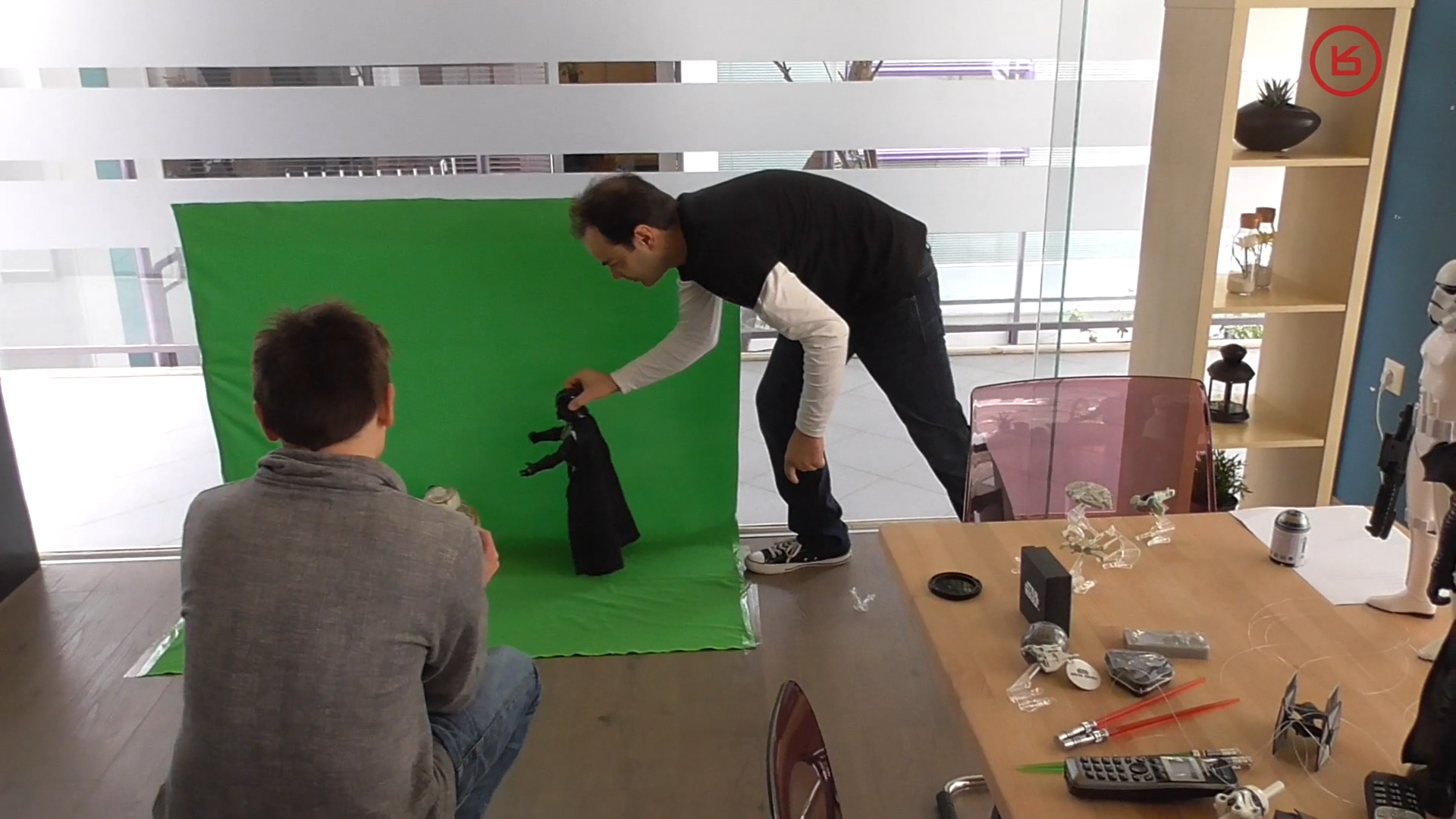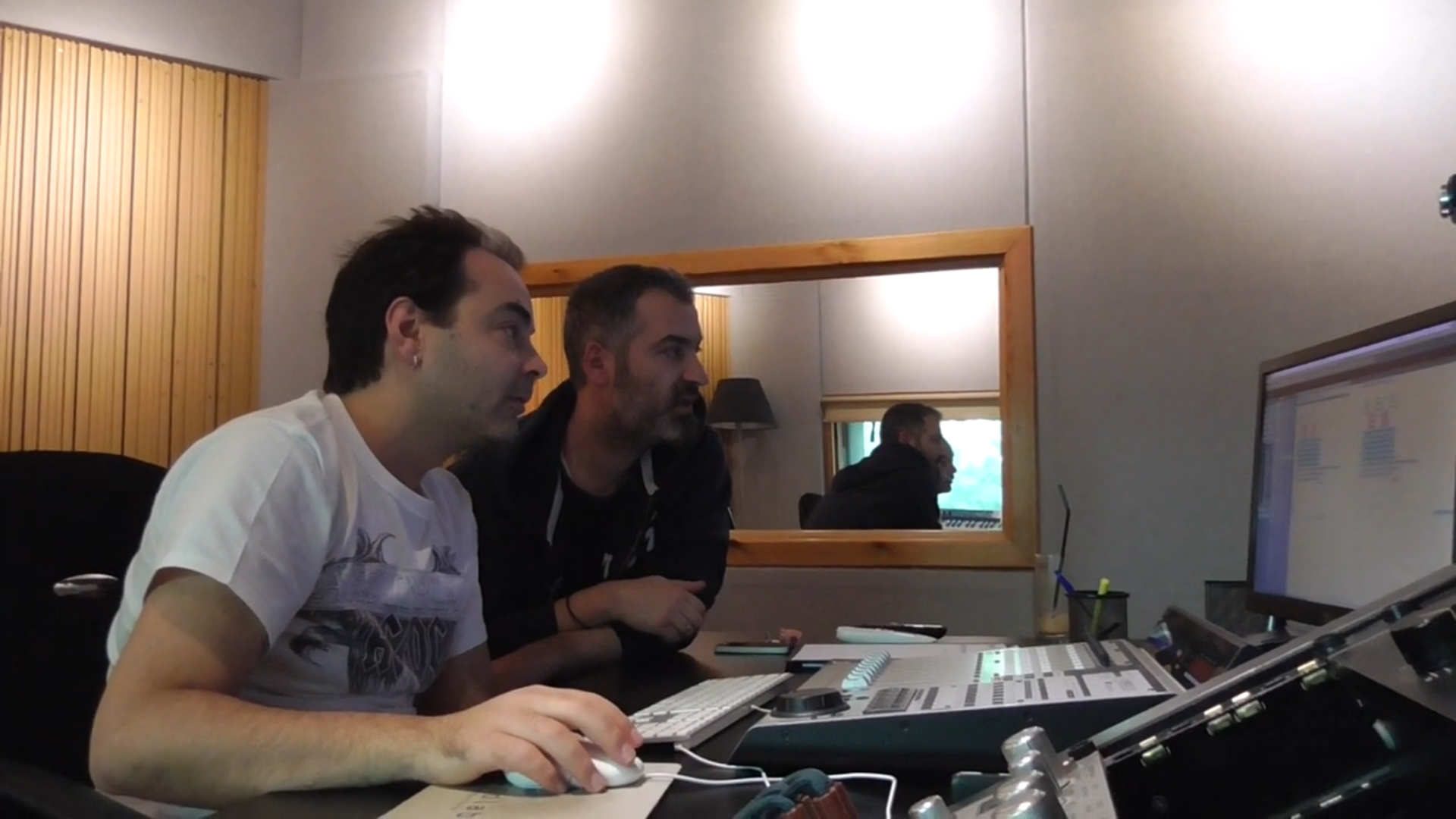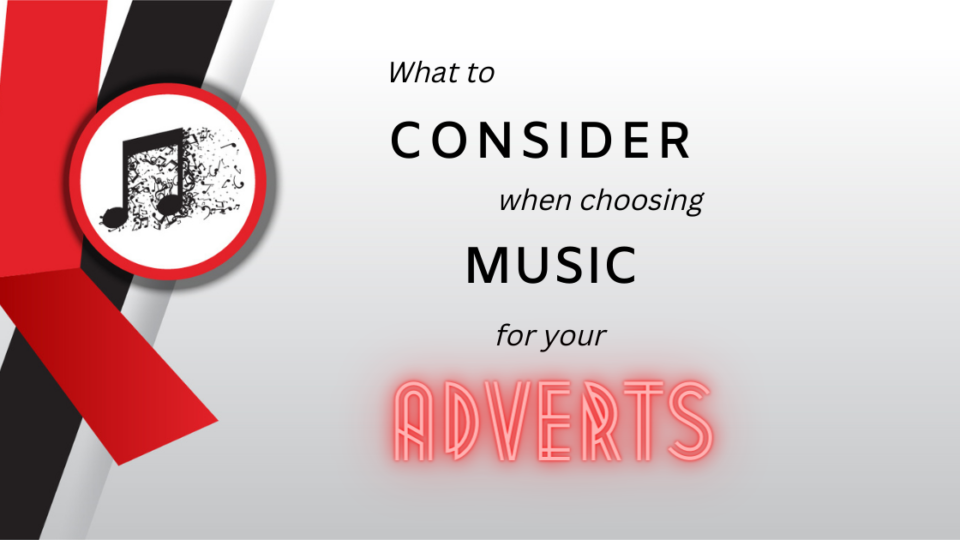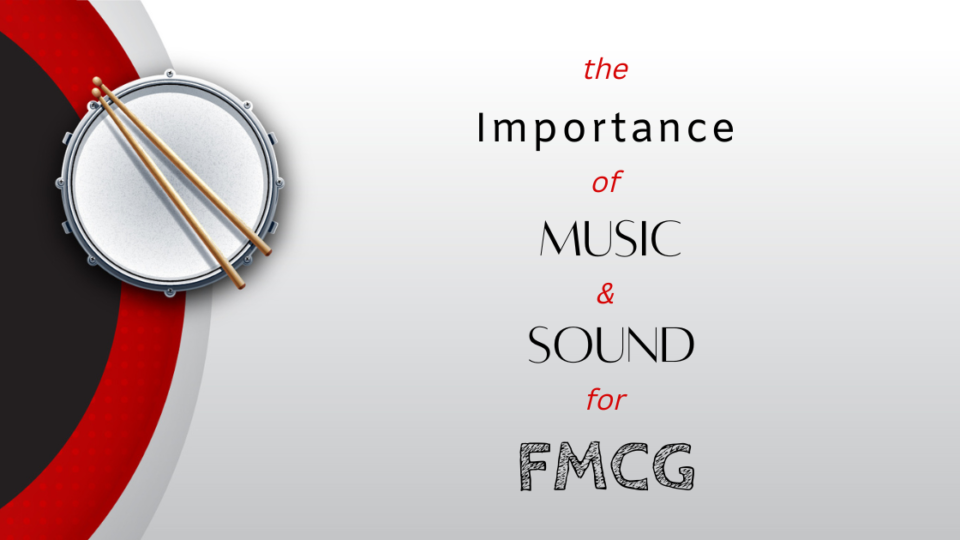How do you work with ad agencies and clients to ensure that your music matches the tone and message of the commercial?
Well, working with ad agencies and clients to ensure that our music matches the tone and message of the commercial is kind of like a blind date. You never know what you’re going to get, but you want to make sure you’re on the same page from the start.
So, we start by getting to know our clients and their needs. We ask questions like, “What’s the vibe you’re going for?” and “How do you want the audience to feel?” We then use this information to craft a musical concept that we think will complement the visuals and message of the ad.
Once we’ve come up with our initial concept, we present it to the client for feedback. This is where the real fun begins! Sometimes they love it right off the bat, and other times we have to go back to the drawing board a few times to get it just right. But that’s okay because we’re all working toward the same goal: making a killer commercial.
Once we’ve landed on a concept that everyone is happy with, we get to work on producing the music. This is where we really get to flex our creative muscles and bring the concept to life. We’ll create a few different versions of the music to give our clients options, and we’ll keep tweaking and refining until it’s perfect.
In the end, it’s all about communication and collaboration. We want our clients to be happy with the final product, and they want us to create music that matches the tone and message of their commercial. It’s like a beautiful musical dance, and when we finally get it right, it’s like hitting the perfect note on a guitar solo. It’s magic!
Can you share any tips or advice for aspiring music composers who want to work in advertising?
Sure, I’d be happy to share some tips for aspiring music composers who want to work in advertising! I’ll try to be your musical Yoda for a while but without the green skin and pointy ears.
First and foremost, it’s important to understand the brand and the message of the commercial you’re working on. Do your research and get to know the product or service you’re promoting. This will help you create music that truly resonates with the audience and reinforces the desired emotional response.
Secondly, learn how to take criticism. Believe me, I know it’s not easy to hear that your music needs to be changed or tweaked. But the reality is that advertising is a collaborative process, and you have to be able to take feedback and use it to make your music even better.
Another tip is to be versatile. Advertising is a diverse field, and you never know what kind of project will come your way. So, be willing to explore different genres and styles of music, and be open to new ideas.
Lastly, be persistent. Landing a gig in advertising can be tough, but don’t give up! Keep networking, keep creating music, and keep putting yourself out there. Who knows, you might just land the perfect project that launches your career.
In short, be curious, open-minded, resilient, and above all, have fun! Working in advertising can be a wild and crazy ride, but it’s also incredibly rewarding. So, if you’ve got the passion and the talent, go for it!
How do you know when a song fits the picture?
Ah, the eternal question of how to know when a song fits the picture. It’s kind of like trying to find the perfect pair of shoes – you know when they feel just right.
When we’re working on a commercial, we start by watching the visuals and getting a sense of the story and the emotions that are being conveyed. Then, we’ll play around with different musical ideas and see how they fit with the visuals.
It’s kind of like playing dress-up with your music. You try on different outfits (or in our case, different melodies and rhythms) and see which one complements the visuals and helps tell the story.
But the real test comes when we play the music along with the picture. It’s like a musical game of “match the pattern.” We’ll watch the visuals and listen to the music, and if everything clicks into place and we get those goosebumps, we know we’ve found the perfect match.
It’s kind of like a musical marriage – when the music and the picture come together in perfect harmony, it’s like they were meant to be. And just like a good marriage, it takes a lot of hard work and communication to make it work.
So, the short answer to how we know when a song fits the picture is this: we’ll try on different musical outfits until we find the perfect match, and then we’ll play them together and see if they dance like John Travolta and Uma Thurman in Pulp Fiction. If they do, we know we’ve got a winner!
How important is collaboration with other members of the production team, such as the sound designer, when composing music for a commercial?
Collaboration with other members of the production team is like the secret sauce that makes our music extra delicious!
When we’re creating a soundtrack for a commercial, it’s not just about the music – it’s about the overall sound design. We work closely with the sound designer to make sure that the music and sound effects blend together seamlessly.
It’s like making a peanut butter and jelly sandwich – the peanut butter (the music) is great on its own, but it’s even better when you add the jelly (the sound design).
Collaborating with the sound designer is important because they bring a whole other dimension to the table. They can add sound effects that complement the music and help tell the story. They can also give us feedback on how the music works with the commercial’s overall sound design.
It’s like a musical conversation – we bounce ideas off each other and come up with something that’s greater than the sum of its parts.
So, to answer the question, collaboration with the sound designer (and other members of the production team) is super important when composing music for a commercial. It’s like adding that secret sauce to make the music extra tasty!


